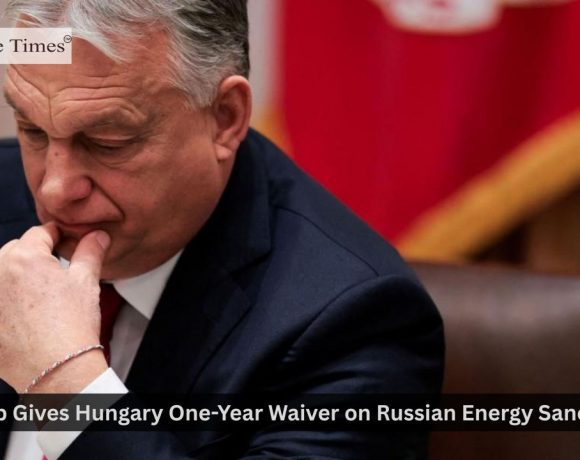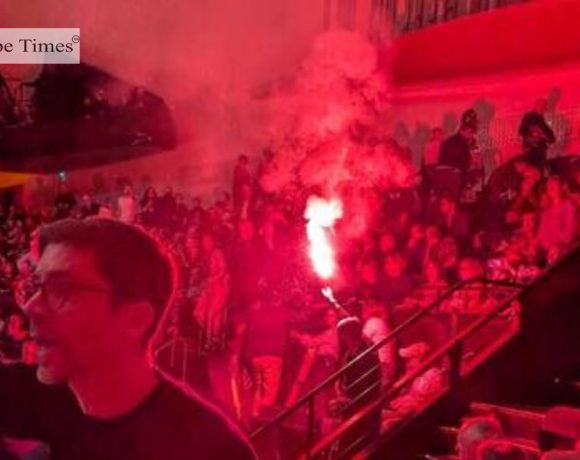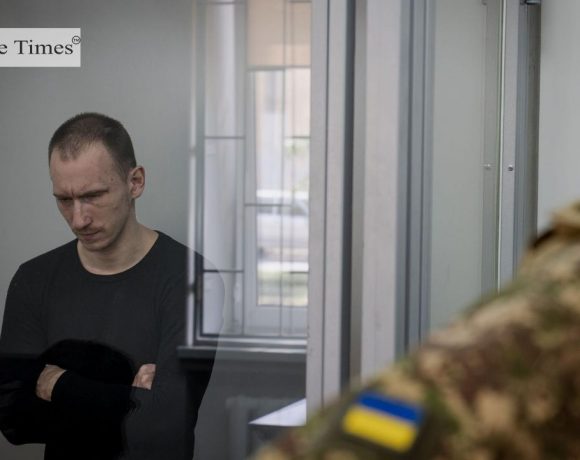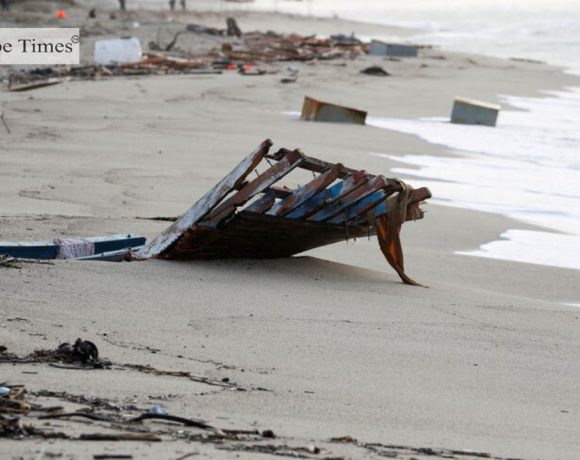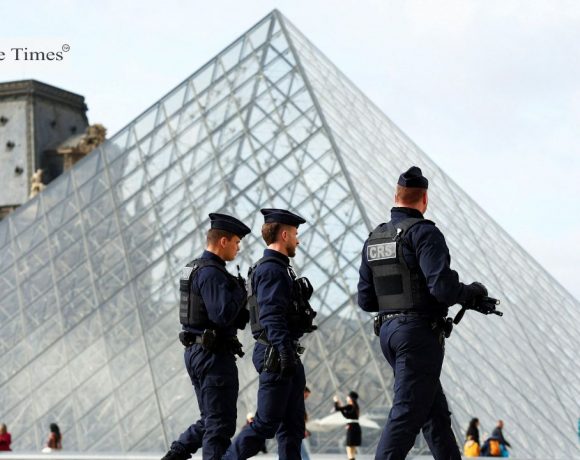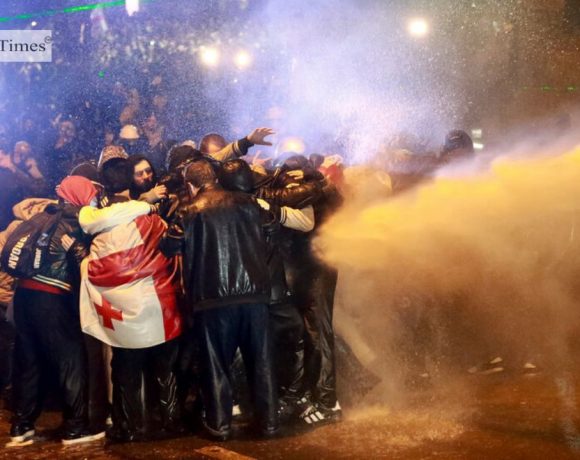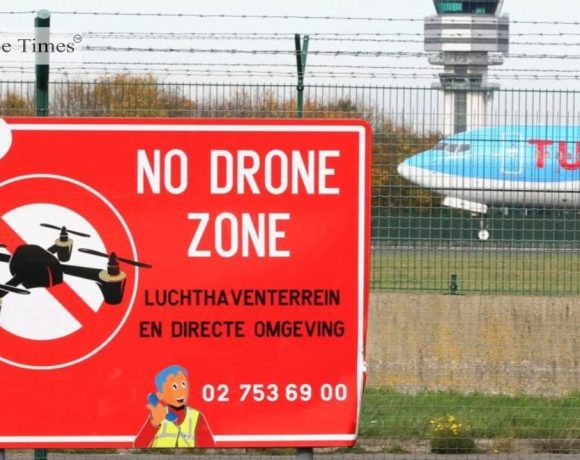
Belgium is urgently working to strengthen its drone defence systems following sightings that caused temporary shutdowns at Brussels’ Zaventem Airport, affecting around 3,000 passengers. Drones were also spotted near a Belgian military base, prompting concern over growing threats to both civilian and defence infrastructure across Europe. Support has already come from Germany, which is providing anti-drone technology.
Airlines including Brussels Airlines suffered major operational and financial disruptions, with flights cancelled or diverted, and emergency arrangements required for stranded travellers. The carrier said drones are a “new threat”, and even short disruptions at major airports have significant ripple effects.
European officials increasingly suspect Russia’s involvement in recent airspace incursions across the region, though no evidence has been publicly confirmed. Analysts say such actions may be aimed at testing European security and undermining support for Ukraine, particularly as the EU considers using frozen Russian assets to fund a major aid package for Kyiv.
Pic Courtesy: google/ images are subject to copyright


